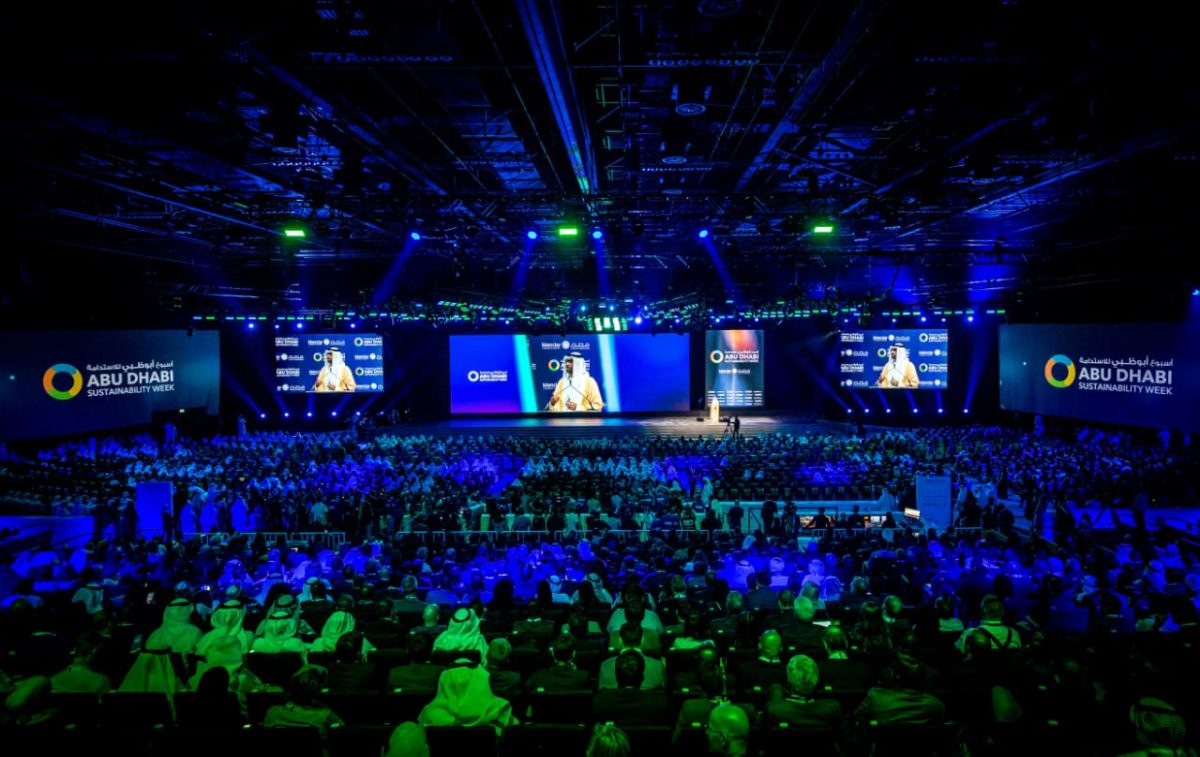California-based We Care Solar joined London’s BBOXX in lifting a new-look Zayed Sustainability Award as the latest World Future Energy Summit opened yesterday in Abu Dhabi.
The U.S. company provides solar-powered maternity kits in sub-Saharan Africa to prevent avoidable deaths during childbirth.
The former Zayed Future Energy Award has evolved this year into the Zayed Sustainability Prize – in the process encompassing a wider gambit of sustainable innovations.
The prize was awarded in four categories: health, food, energy and water with each winner receiving $600,000. Six schools were recognized yesterday for sustainability programs, with each banking $100,000 towards their ecological programs.
Solar featured prominently among the award winners with solar NGO We Care Solar and off-grid pay-as-you-go supplier BBOXX successful in the healthcare and energy categories. One of the schools recognized by the Zayed prize also hopes to power itself entirely with PV.
East Africa center planned
“The prize, number one, is helping us shine a light in an area that is all too often ignored, which is healthcare,” said Laura Stachel, We Care Solar co-founder and executive director. Obstetrician Stachel and her partner founded the company to provide lighting and power to maternity clinics in developing countries, whether in off-grid areas or regions where the grid supply is unreliable.
We Care Solar provides a Solar Suitcase, which charges a kit containing medical lighting, prenatal screening and device charging ports using PV. The kits are provided, along with usage and maintenance training, for free to maternity clinics in the developing world. Each kit, including training, comes at a cost of $3,000.
“Three hundred thousand women a year die while trying to give life,” said Stachel. “The prize will enable us to establish a regional center in East Africa where we can deliver a country-level program … to ensure that every public health center that doesn’t have reliable light can be provided with that.
Top class ambition
“All women have a right to safe delivery and every clinic has the right to light, and solar can provide sustainable, affordable and reliable electricity.”
While many of the six schools successful in the Global High Schools section of the Zayed prize incorporated solar into their sustainability programs, the Gymnasium Goethe in Tajikistan stood out. The school plans to power its classrooms entirely with solar power and sell excess energy to the grid.
Zarrina Mirozosharipova, the school’s ecology and chemistry teacher, said Tajikistan enjoys 299 days of sunshine per year, making it a prime candidate for solar deployment. Tahminakhon Kholiqova, a student at the school, described the Zayed Sustainability Prize experience as “really cool”.
This content is protected by copyright and may not be reused. If you want to cooperate with us and would like to reuse some of our content, please contact: editors@pv-magazine.com.




By submitting this form you agree to pv magazine using your data for the purposes of publishing your comment.
Your personal data will only be disclosed or otherwise transmitted to third parties for the purposes of spam filtering or if this is necessary for technical maintenance of the website. Any other transfer to third parties will not take place unless this is justified on the basis of applicable data protection regulations or if pv magazine is legally obliged to do so.
You may revoke this consent at any time with effect for the future, in which case your personal data will be deleted immediately. Otherwise, your data will be deleted if pv magazine has processed your request or the purpose of data storage is fulfilled.
Further information on data privacy can be found in our Data Protection Policy.